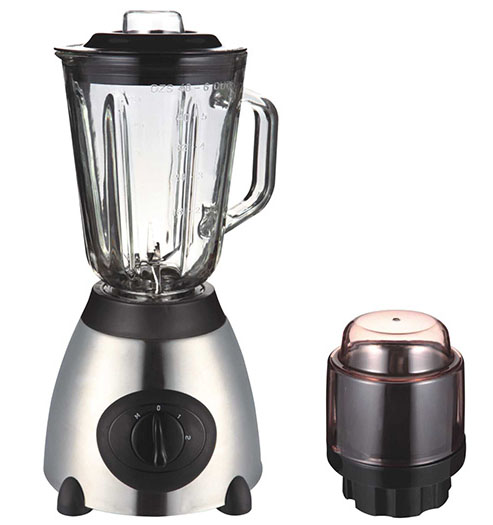Market research firm Technology Insights Research LLC senior analyst Neihua - Chokash said that Apple and Samsung are still winners. Whether Nokia or Blackberry is in a slump, it is difficult to determine whether HTC Road has changed.
Polarization
The outside world predicts when the iPhone will become a yellow flower. However, the 2011 apple myth continues.
Apple's revenue for the first quarter of fiscal year 2012 was 46.3 billion U.S. dollars, an increase of 73% year-on-year, and net profit was as high as 13.1 billion U.S. dollars, an increase of 118% year-on-year. iPhone sales reached 37.04 million, an increase of 128% year-on-year.
Previously it had been temporarily taken away from Samsung by Samsung. However, iPhone 4S hot sales in the fourth quarter helped it return. In the global shipment of 149 million smart phones, iPhone accounted for 25%.
Samsung's limelight is also good. According to Juniper Research report, the share of Samsung smartphones has increased from 4.7% in the first quarter of 2010 to the current 21.7%, which is an alarming growth. Samsung has become the world’s largest smart phone manufacturer and one of Apple’s largest component suppliers.
Other mobile phone manufacturers are ill-fated and even miserable: Nokia's revenue fell by 21% in the fourth quarter of last year to only 13.1 billion, and the net loss for the quarter reached 1.07 billion euros, which was a net loss for the third consecutive quarter. Its smart machine shipments fell 31%.
Motorola also did not see improvement. Although it has been acquired by Google, it has not been able to avoid losses. The 2011 annual net loss was 249 million U.S. dollars.
HTC has experienced hardship. Last year it overtook Apple to become the largest mobile phone maker in North America, but it was subsequently blocked by lawsuits. The financial report shows that HTC’s net profit fell by 26% in the fourth quarter, which was the first decline in net profit in two years.
According to Juniper Research data, Apple and Samsung have become the bosses in the previous quarter, and other manufacturers are overshadowed. Relatively speaking, HTC is the only manufacturer outside of the two giants to achieve significant year-on-year growth in shipments.
When will the counterattack come?
Apple dragons are in heaven, but it is too early to assert that Nokia has been sluggish.
Nokia's Windows Phone smartphone has achieved approximately 1 million sales. It has taken up a favorable terrain in North America: Operator AT&T has offered a preferential purchase package for its high-end Windows Phone Lumia 900, which can be purchased for $99 for two years. The iPhone and Samsung mobile phone tied for two years to spend 199 US dollars. Operator support may change the US smart phone market rules.
And it has been Microsoft's platform. Nokia’s financial report showed that in the fourth quarter of last year, Nokia received Microsoft’s first platform support fee of US$250 million, and the cost of platform support fees and minimum software copyright commitments is expected to reach several billion US dollars.
However, the uncertainty is also obvious. According to a person in charge of a product line of ZTE, ZTE is required to pay US$15 to US$20 for Microsoft's patent fees for each Windows Phone sold. Another argument is that the patent fee is up to $27 per department.
In contrast, Android has obvious advantages. It is a free operating system. Even if Microsoft charges 5 US dollars per mobile phone, the cost is still far lower than Windows Phone.
New product promotion is even more worrying. Although Microsoft and Nokia reached a cooperation in February last year, as of now there are only 3 products on the market.
Looking forward to the rise of the mountains is the BlackBerry. On January 26th, the two co-founders of BlackBerry, Lazaridis and Bealsley, resigned as CEO and chairman respectively, and COO Hynes became CEO.
The opening of the BlackBerry operating system and external authorization has become one of the alternatives for Heins's rejuvenation of the BlackBerry. However, in an interview recently, he said that he also looks forward to the issue of user safety on the Android and iPhone platforms. At that time, users will return again. The idea of ​​expecting an opponent to be ugly makes people doubt the future of BlackBerry. Its future is shadowed.
Food Blenders are small machines that can stir a variety of food, like fruits and vegetables to extract fresh and delicious fruit and vegetable juice. Food Blenders including Plastic Jar Blenders, glass jar belnders, Stainless Steel Jar Blenders, rotary switch blenders and push button blenders. Food Blenders work by rotating the blade at the bottom of the jar at a high speed to break the food repeatedly under the action of water flow. Due to its ability to process a variety of foods, neat and tidy, small in size, light in weight, low in noise, high in efficiency, simple in operation, easy to clean, food blenders are popular among families.

Food Blenders
Food Blenders,Electric Food Blenders,Smoothies Maker Blender,Baby Food Blender
Flying Electronic Co., Ltd , https://www.flyingelectronic.com